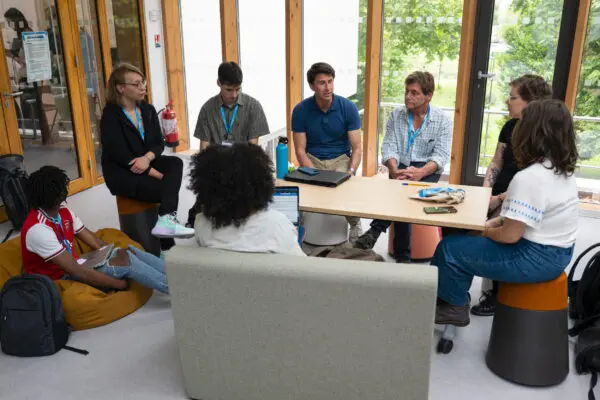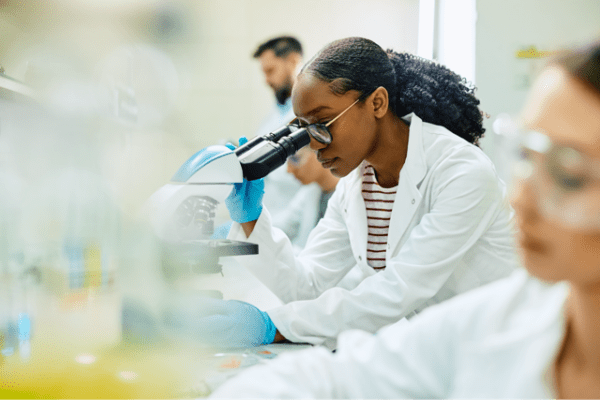
Bordeaux, France
Philosophy in Biology and Medicine
When:
01 June - 05 June 2026
Credits:
0 EC
Read more
Life Sciences
When:
06 August - 12 August 2018
School:
UCPH International Summer programme
Institution:
University of Copenhagen
City:
Country:
Language:
English
Credits:
7.5 EC
Fee:
6375 DKK

This intensive one week summer course will provide students with a broad but detailed introduction to the theory as well as practical application of scientific methods in archaeology. It focuses particularly on biomolecular applications, including stable isotope, residue and ancient DNA analysis. The course is composed of a series of lectures, covering a wide range of topics, including past human demography and health, past diets and mobility, and the spread and evolution of pathogens. These themes will be explored in a series of interactive sessions, integrating methods and data sets from a wide range of disciplines. The aim of the course is to provide participants with a broad grasp of scientific applications in archaeology in the post-genome era
Master
Knowledge:
By the end of the course, you will:
- have gained basic knowledge of human skeletal anatomy and the methods used for recording and analyzing human skeletal remains;
- have gained an understanding of taphonomic processes and their effects on the physical and molecular preservation of skeletal remains;
- have acquired a basic understanding of scientific methods used for palaeodietary reconstruction, including residue and stable isotope analysis;
- have grasped the potential of ancient biomolecules research for studying evolutionary processes and testing specific hypotheses relating to the human past;
Skills:
- By the end of the course, you will:
- have acquired basic skills in recording and analyzing human skeletal remains;
- have learned to differentiate the effects of taphonomic and disease processes or trauma and physical activity in the skeleton;
- have acquired basic skills in how to analyze high-throughput sequencing data sets;
Competencies:
- By the end of the course, you will be able to:
- assess conflicting theories and data sets and critically evaluate past studies;
- recognise the methodological strengths and limitations of various techniques;
- be able to recommend applications where biomolecular analysis is likely to be useful;
Fee
6375 DKK, EU/EEA citizens If you are studying at another faculty at the University of Copenhagen or another Danish university, or if you are admitted as an exchange student, you are also exempt from paying tuition fees.
Fee
13425 DKK, Non-EU/EEA citizens If you are studying at another faculty at the University of Copenhagen or another Danish university, or if you are admitted as an exchange student, you are also exempt from paying tuition fees.
When:
06 August - 12 August 2018
School:
UCPH International Summer programme
Institution:
University of Copenhagen
Language:
English
Credits:
7.5 EC

Bordeaux, France
When:
01 June - 05 June 2026
Credits:
0 EC
Read more

Odense, Denmark
When:
03 August - 14 August 2026
Credits:
5 EC
Read more

Hanover, Germany
When:
23 August - 04 September 2026
Credits:
4 EC
Read more